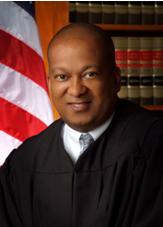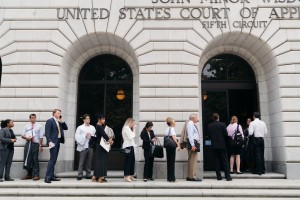
Image credit: Wikipedia.
Tech giant Google faces a sweeping bipartisan antitrust probe by state attorney generals, an investigation announced on Sept. 9 with an initial focus on online advertising.
“Google is expected to rake in more than $48 billion in U.S. digital ad revenue this year, far rivaling its peers, while capturing 75 percent of all spending on U.S. search ads, according to eMarketer,” The Washington Post reports.
The probe is supported by 50 U.S. states and territories, excluding Alabama and California, home of Silicon Valley.
Texas Attorney General Ken Paxton said Google “dominates all aspects of advertising on the Internet and searching on the Internet,” though he clarified that states are launching an investigation and not a lawsuit.
“The probe marks the latest regulatory headache for Google and the rest of Silicon Valley, which have faced growing criticism — and widening state and federal scrutiny — into whether they’ve grown too big and powerful, undermining rivals and resulting in costlier or worse service for web users,” The Post reports.
Federal regulators have decided against assessing major penalties against the company, including breaking it up, but “The European Union has issued the company $9 billion in competition-related fines over the past three years,” The Post reports.








